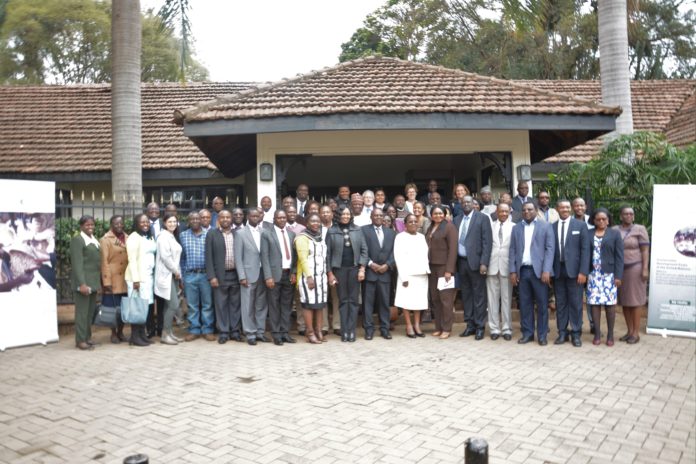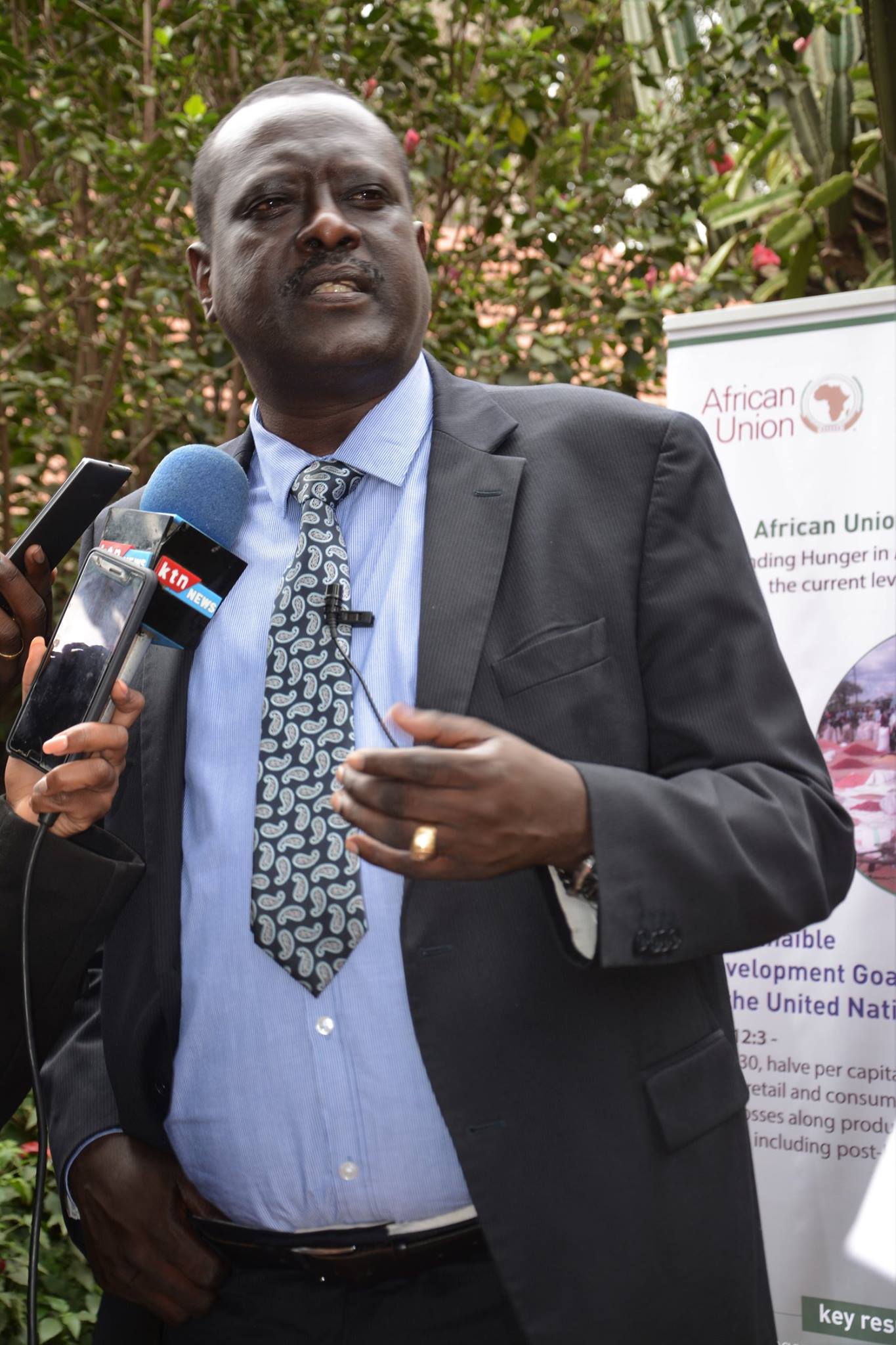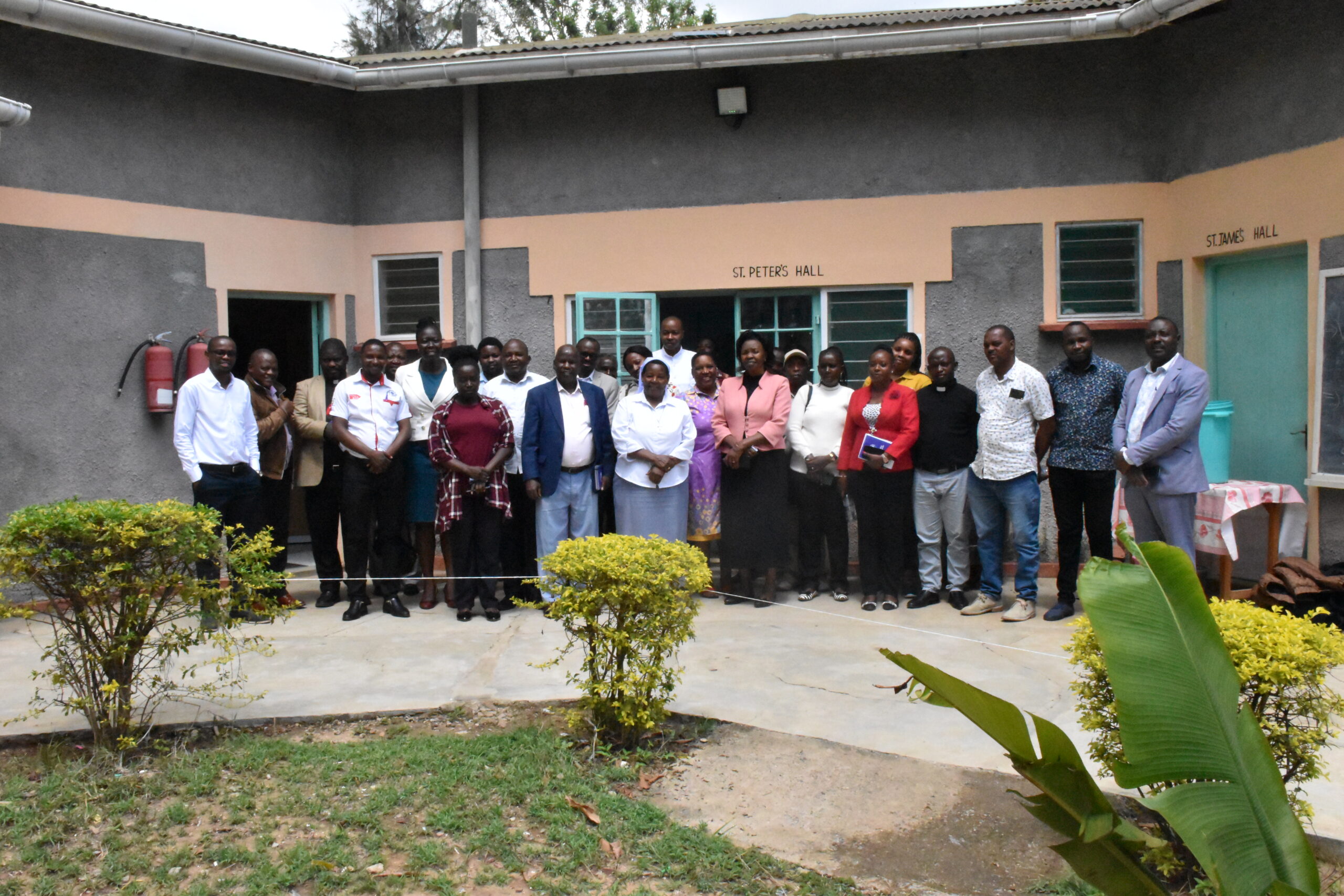By Sharon Kiburi
Post harvest losses have been cited as a threat to achieving sustainable Development Goals in Africa, forum notes .Agriculture experts who recently gathered at a Nairobi hotel realized that Africa has the potential to produce huge amount of food despite challenges it faces.
The workshop was held in response to the Malabo declaration for Africa to accelerate Agriculture growth and transformation (3 AGT). The countries who reported on the pilot program in attempt to reduce post harvest losses include Zimbabwe, Zambia, Kenya and Tanzania.
The forum noted that , despite efforts to boost Agriculture in African countries , most of the harvested food crops are lost/wasted in the process between the farmer and the consumer. These post harvest related problems are as a result of poor transport system, non-functioning coordination between policy makers and the forces of economy. This has resulted into less food output as opposed to the expected quantity that can cab the issues affecting; hunger as well as food security.
Piers Simukin ,Senior programs coordinator, FAO Kenya said that the workshop was very vital in generating the much required conversations on the matter of post harvest loss. “So much food is going to waste , it is not just a global problem but it is a predicament within Africa ”. A Lot food goes to waste before getting to the market because of farmers poor household ( storage) and production systems. FAO is working on a agro toxin program geared towards sensitizing farmers on the need for careful drying of cereals/grains so that it gets to the markets at its best condition.
Solving this menace will play a huge role in achieving the SDGs .FAO being one of the custodians of the goals , in eradicating poverty and hunger ,it is important that all parties are involved in eradicating hunger by all means.
In Africa where food sustainability poses a huge challenge ,poverty and hunger coupled with post harvest losses pose a threat to development in most African countries.
Agriculture being left to small scale farmers who lack the capacity in terms of funds and technology to delay with the predicament of post harvest losses.
Heavy taxation has been directly or indirectly affecting farmers during production and therefore leading to more losses. Agricultural food crops do not necessary yield to huge profits in the marketplace thus this affects the quality and quantity of food produced.
Kenyans PS for Agriculture Richard Lesiyampe who graced the occasion says that our post harvest losses in Kenya and generally in Africa is like a value chain caused by lack of logistic support at all stages of the food production chain. It stands at fifteen to thirty percent.
Kenya’s Principal Secretary in Ministry of Agriculture, Livestock and Fisheries Mr. Richard Lesiyampe
“The ministry for agriculture is attempting to come up with policies to aid in reducing the issues of post harvest losses by setting aside funds to train the key stakeholders , farmers reduce post harvest losses.
He further added, “ We require partners, efforts from farmers and institutions of higher learning to assist with institution to assist with the best & appropriate technology in preventing in post harvest losses”.
Dryers is one of the vital production tools especially in cereals ,unfortunately most famers do not have them hence this affects the quality of cereals produce , as well as the proximate of available dryers due to lack of proper transport system or capacity to cater of the transport cost.
“Due to our tropical templates there are pest that thrive in Africa that also impact on the farms produce. However the government in Kenya is indulging with farmers to give them support and aid to boost produce”. Says Lesiyampe.
The outcomes of the forum will contribute to stronger coordination of food loss reduction initiatives and improved alignment to the Malabo Declaration Implementation Roadmap, while improving the capacity of African Union Member States in the design and implementation of food loss reduction policies, strategies and related investments. Specific country case studies where the AUC and FAO have collaborated with governments to tackle post harvest losses includes Kenya, Tanzania, Zambia and Zimbabwe.
The two day high level meeting was organized by The African Union Commission, in collaboration with the Food and Agriculture Organization (FAO) and Rockefeller Foundation respectively.














